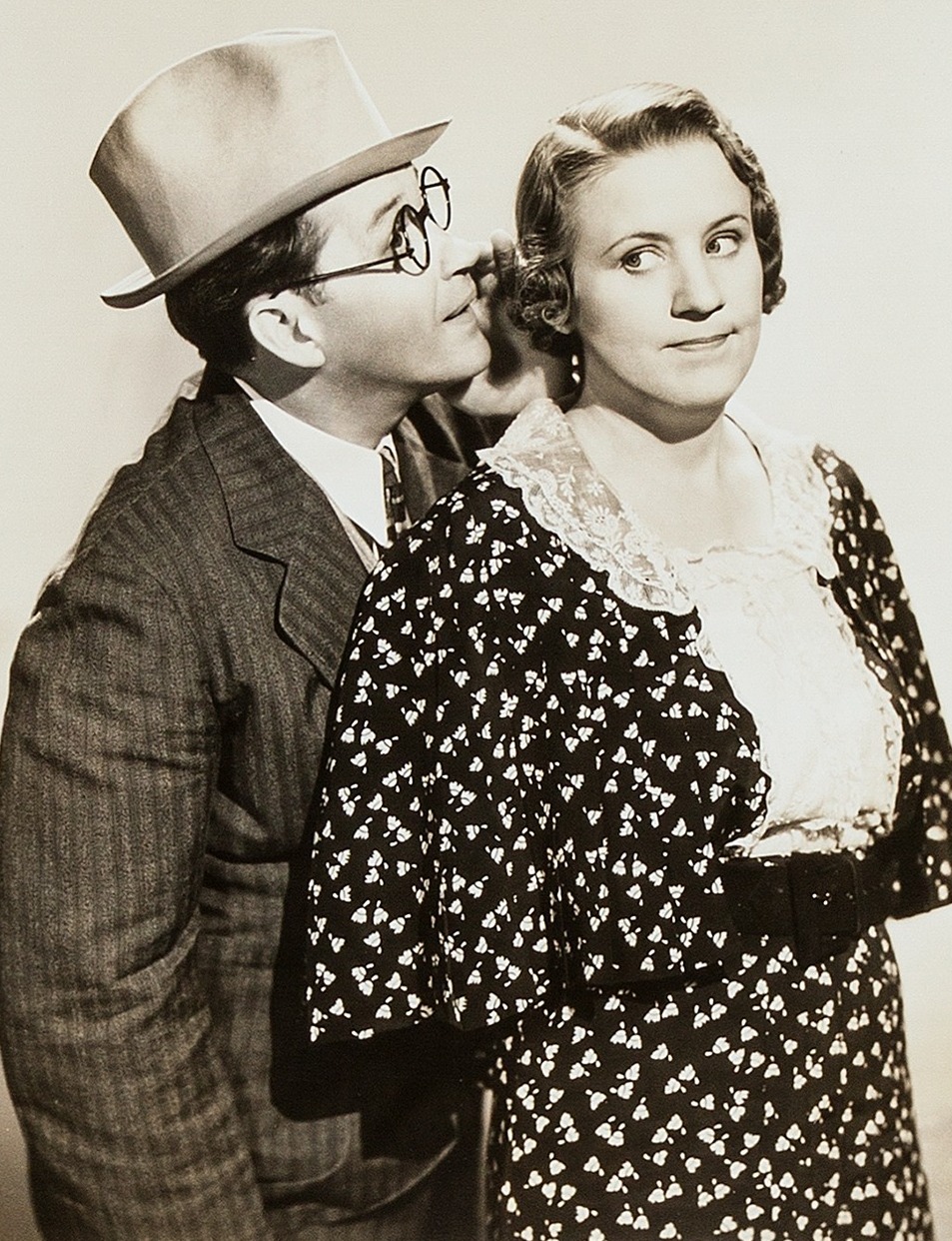
By Jim O’Neal
In the mid-1930s, neither of the two big radio networks – NBC and CBS – had a news department. All they did was air a couple of daily five-minute news broadcasts that were supplied by the Press Radio Bureau. But toward the end of the decade, the country began to count on getting its news from both networks.
It became a standard evening ritual in houses. People gathered around rather large radio sets when it was time for the news and there was little conversation until it was over. They listened to commentator H.V. Kaltenborn with coverage of the Spanish Civil War, including the crackle of genuine gunfire … a real first on the radio.
In fact, as radio brought news into people’s homes, it began affecting public opinion on things going on in the world. So when something important happened in Europe, the country was eager to listen. Prior to this, they were mildly interested, but didn’t feel that they were intimately involved. Now, they were fascinated.
When Adolf Hitler annexed Austria, there was a full hour of coverage with correspondents in Paris, Berlin, London and New York acting like today’s Anderson Cooper. Then, in 1939, came the Czech crises, which was a major radio event and the country was enthralled by it … listening as much as possible. The minute-by-minute coverage monopolized the attention of the country and it was a great novelty to hear Hitler speak or British Prime Minister Neville Chamberlain returning from Munich waving a paper and saying, “This means peace in our time!”
To hear the actual words was simply amazing.
It is no exaggeration to say that radio brought the country together, all at the same time, everyone listening to the same things. And the country liked being tied together that way. In the morning, people would say, “Did you hear that last night? What do you think?”
People didn’t quite see how all those things overseas were going to affect them personally, but it was the greatest show they’d ever been offered, and it helped the country overall achieve the melting-pot effect. Radio played a major role in helping people escape the daily humdrum with the soaps during the day and Jack Benny, Burns and Allen, Bob Hope, and Fibber McGee and Molly at night.
Politics could never compete with The Shadow in my book.
Now we have to listen to both sides of every issue (sometime all sides) from “talking heads” who claim to be experts, who debate every point and counterpoint. Who are these people? How to judge their expertise or veracity when the ether is filled with so many divergent views? If you don’t have an opinion, just pick one and you can amaze your friends with your brilliant insights.
My advice is to watch the Fishing Channel. These folks really know their stuff and you can probably believe most of it … except when you hear “You should have been here last week. They were really biting!”
 Intelligent Collector blogger JIM O’NEAL is an avid collector and history buff. He is President and CEO of Frito-Lay International [retired] and earlier served as Chairman and CEO of PepsiCo Restaurants International [KFC Pizza Hut and Taco Bell].
Intelligent Collector blogger JIM O’NEAL is an avid collector and history buff. He is President and CEO of Frito-Lay International [retired] and earlier served as Chairman and CEO of PepsiCo Restaurants International [KFC Pizza Hut and Taco Bell].
